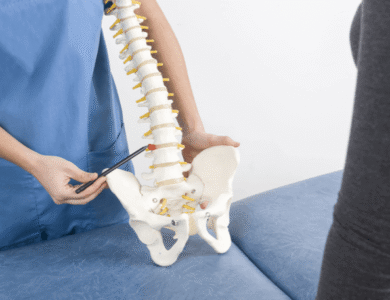Understanding Dogs And Ways To Prevent Them From Eating Poop

There are several reasons why dogs eat poop. Some of these are signs of a greater issue, while others are common. Dogs eating the poop of other species is common and normal, but adult dogs eating their own or another dog’s poop is unusual.
Dogs normally eat poop because they are nursing. To keep their nest clean, nursing female dogs eat the waste produced by their puppies. Additionally, they enjoy eating other animals’ poop. Dogs occasionally consume animal poop. Other animals’ feces, like those of horses or cats, may include advantageous nutrients. But it might also contain dangerous bacteria, so it’s ideal to avoid them.
Why Do Dogs Eat Poop?
Dogs eat poop for strange reasons, and they like to attract your attention. Other dogs may have been consuming poop at a young age because they see it as a game. For instance, young puppies may execute their adventurous behaviors by collecting their poop with their mouths. You might likely run in their way and exclaim something like “drop it” if your dog does something like this.
Puppies may be shocked, drop the poop, and never eat it again if this occurs. The yelling could sound like an exciting invitation to play with other puppies.
Ways To Discourage Eating Poop
Furthermore, your dog might not be feeling well if they are eating poop. Some dogs consume their own feces to relieve stress. When confined in a small space, a dog may urinate and consume its own feces.. Other dogs may develop the habit of eating their waste as young pups if their owners constantly punish them for pooping inside the house. Fear of punishment may cause the dog to consume the evidence.
To avoid dogs eating their poop, here are ways:
- Supplementing with vitamins may be beneficial because there is a belief that dogs consume their waste because their diets are deficient in certain nutrients.
- Supplemental enzymes compared to the diet of their ancestors, dogs today consume more carbohydrates and fewer proteins and lipids from meat.
- Using a poop-eating deterrent in meals or treats would then make the poop that is being produced less appetizing because certain tastes and scents are considered to be as unappealing to dogs as the concept of them eating poop to humans.
- Make sure that no animal poop is left in your yard. As soon as your dog defecates, pick up its poop. If your dog tends to eat his waste during or right after defecation, be extremely cautious.
- When going potty, keep your dog leashed. If he starts looking at the waste, get his attention back on you right away. Give him a sweet reward as praise for listening to you, then clean up the poop and throw it away immediately.
The danger of a dog eating his poop is typically low. But touch with the dog’s lips, and saliva might potentially spread parasites and bacteria from that poop to people and other animals. If you can’t prevent your dog from eating waste, make sure to thoroughly wash your hands if you come in contact with your dog’s mouth or saliva.
Feeding Schedules & Nutrition
A dog is at risk of consuming the larvae of parasitic worms and potentially harmful microorganisms when he consumes the poo of another animal, which can immediately lead to disease. Veterinarians should perform routine poop examinations on dogs who have a history of eating other animals’ feces.
The best way to stop the issue is through environmental management strategies and training. Get everything you need for feeding, walking, and training your dog.
Ensure that the dog’s living space and yard are cleaned on a regular basis so that there are no mounds of poop for him to consume. Owners of cats should maintain the litter box clean and out of the dog’s reach. While out for a stroll, keep an eye on your dog and clean up any poop right away.
Conclusion
Understanding the cause can stop dogs from eating poop. Through proper training, positive reinforcement, and an overall understanding of canine behavior, you can help your pup break this nasty habit.
Owners should pay close attention to their dog’s diet and environment in order to identify any potential triggers or changes needed for them to stop consuming fecal matter. Additionally, some producers offer special diets designed specifically for dogs with this problem. These may include supplements or additives meant to reduce the number of bacteria found in stool or limit their attraction to it. Ultimately, only a vet or dog behavior specialist will be able to provide specific advice on how best approach this issue with your pup.



